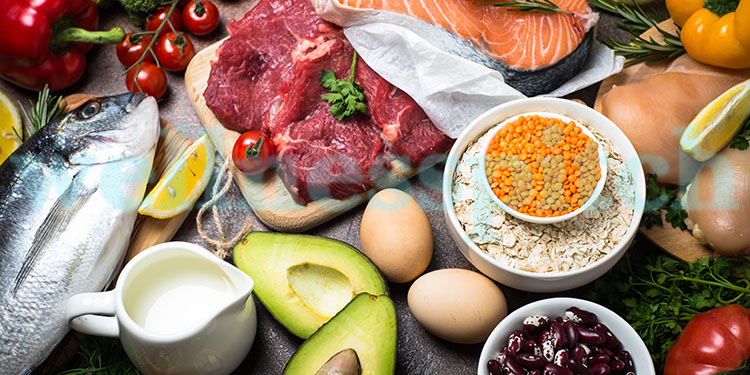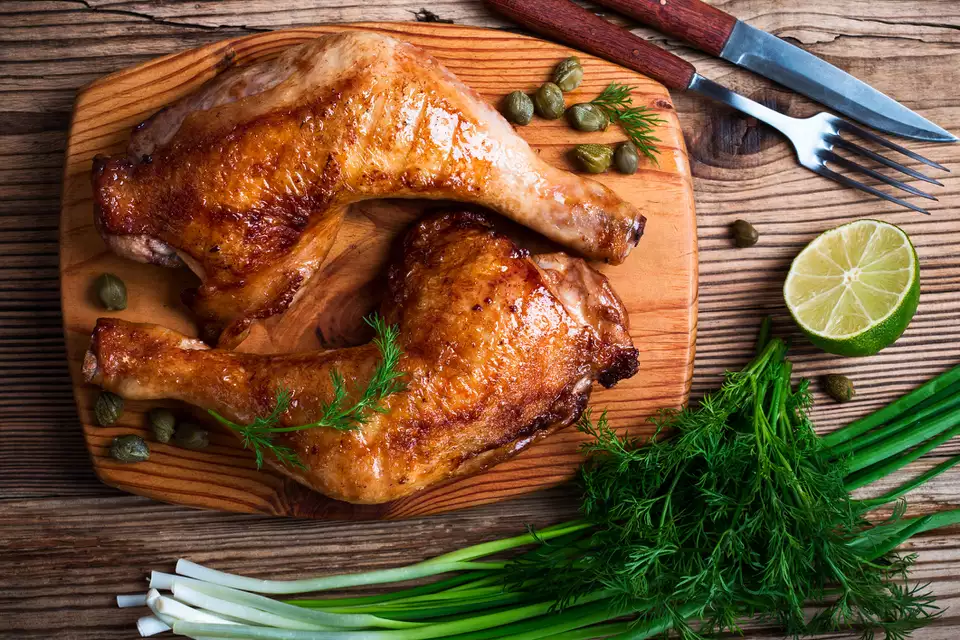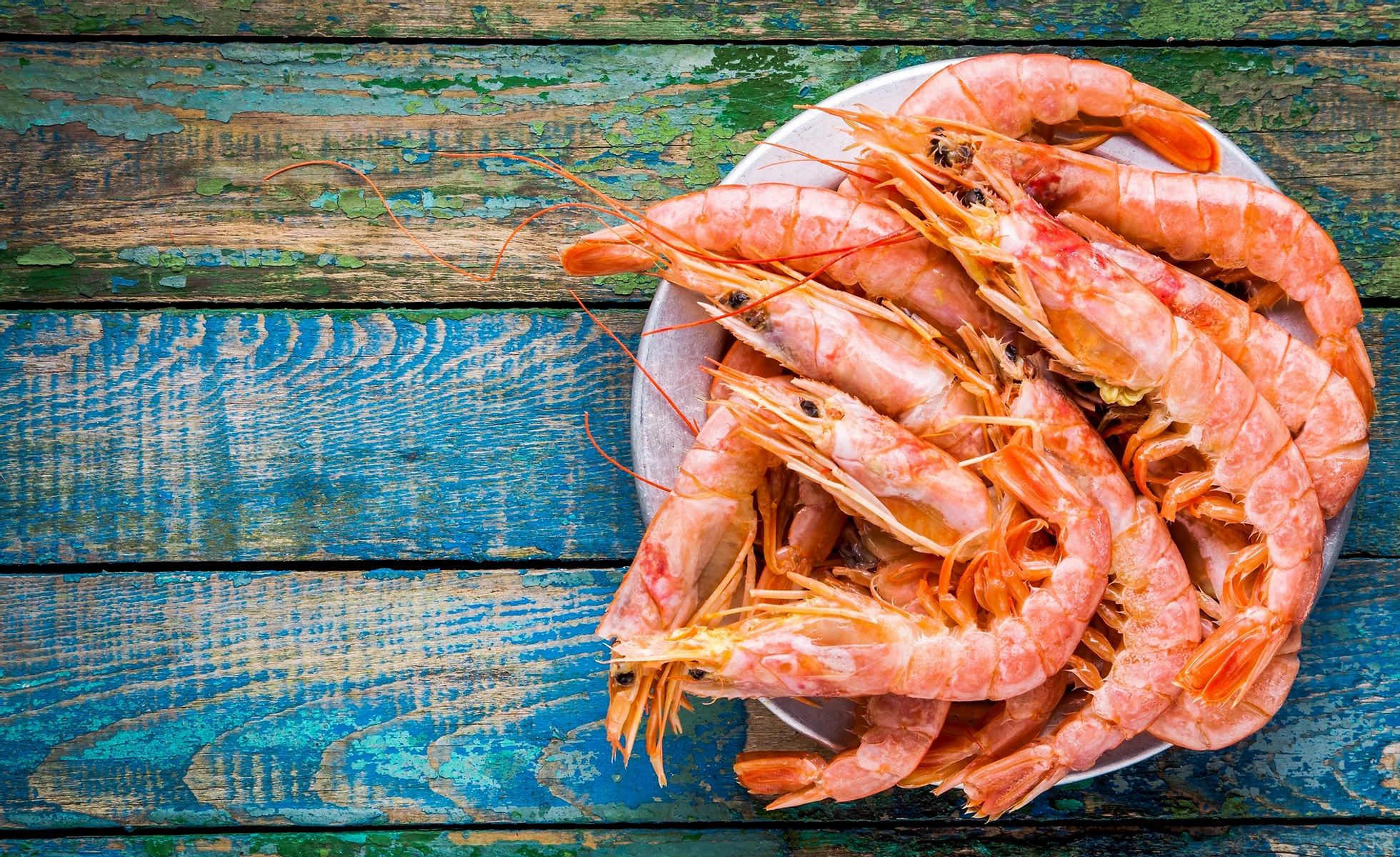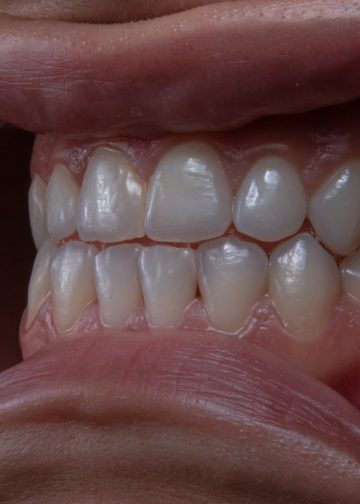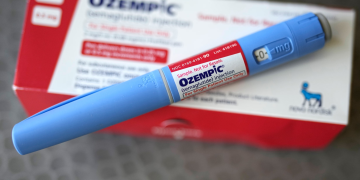The term “lean proteins” is thrown around a lot. But do we know what it means? Proteins are an essential building block of our body. We need them for our body to function such as cell maintenance, tissue repair, hormone function.
Proteins are important for weight management too. A protein dose for an adult who consumes 2000 kcal a day, is just 50 grams! Our diet has to consist of 15-20% protein. Protein is sometimes accompanied by more fat and calories than we need.
This leads to weight gain and high fatty foods might increase your cholesterol as well.
The USDA defines lean proteins as having less than 10 grams of total fat (4.5 grams or less from saturated fat) and fewer than 95 milligrams of cholesterol in a 3.5-ounce serving. However, the portion of the lean proteins is 2 to 3 grams of fat per ounce.
Lean proteins have fewer calories than the normal portion. Fat normally is 9 calories per gram and protein 4 calories per gram. So, if you eat the fatty portion of protein, you will consume more calories.
Let’s look at our sources of lean protein and choose the one which suits us the best.
-
Skinless, White Meat Chicken or Turkey
White meat is the best choice for lean protein. Chicken and turkey give about 25 grams of protein. White meat is fewer in calories than dark meat.
A 100-gram serving of boneless, skinless chicken breast is 109 calories, 22 grams of protein, and 1.6 grams of fat.
You can bake the meat or grill it. Marinated chicken has a delicious taste and is easy enough to make as well. You can make soup or salads and even sandwiches.
Turkey is a great replacement for chicken. You can eat turkey as a sliced deli or you can eat it in sandwiches and cold cuts.
A 3.5 ounce serving of turkey will provide about 113 calories, 23 grams of protein, and 1.5 grams of fat. Eat turkey in moderation and you will not have a problem with your weight.
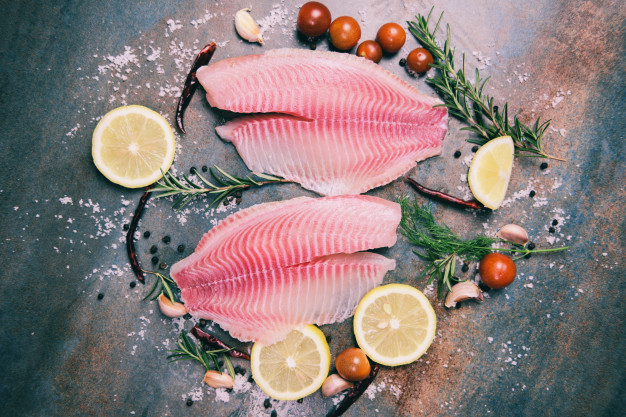
-
Fish
Fish is a popular, high in demand source of lean proteins too. They are low in saturated fat and contain high amounts of omega-3 fatty acids. Omega-3 are the heart-healthy fats and extremely beneficial to your health. Needless to say, they are packed with nutrition.
-
-
Cod
-
It is one of the leanest protein options available. 1 portion of cod has 80 calories, 18 grams protein, and less than 1gram fat. It is less oily fish than Salmon and Mackerel. You can bake it or poach it as you like. It dries out easily, so remember to not overcook it.
-
-
Salmon
-
This pink fish has 140 calories, 20 grams protein, and 6 grams of fat in a single portion size. It is a relatively fatty fish than cod but it still has anti-inflammatory properties. You can grill it, bake it or lightly fry it. It can be used in salads as well.
-
Shrimp or Prawns or Lobsters
This is my all-time favorite seafood. It is so light and decadent. And can be eaten in so many ways. One portion size contains 85 calories, 20 grams protein, and less than 1gram fat. It is very easy and quick to cook and can be used in many versatile ways.
Lobsters are a bit expensive but taste amazing. Its portion size contains 75 calories, 17 grams protein, and less than 1gram fat.
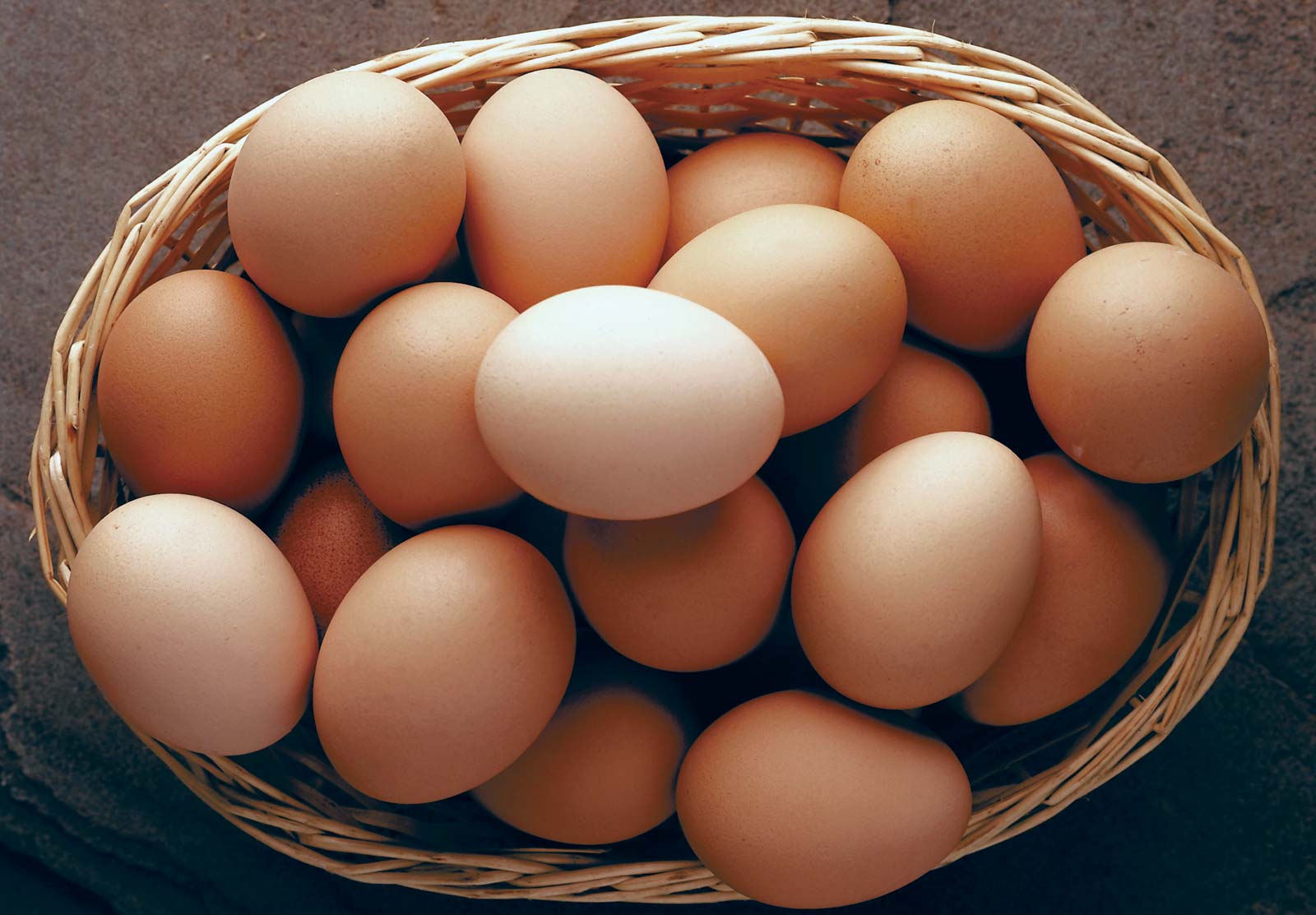
-
Eggs
The egg is a versatile protein and has many benefits for our body. One large egg has 70 calories, 6 grams protein, and 5 grams fat.
I always recommend eating whole eggs. Because the yolk is as important as the white as it is the source of Choline and Vitamin D.
You can try different flavors with eggs. Make an omelet or scramble them or even poach them. You can eat them at any time of the day and they can be a part of almost every dish.
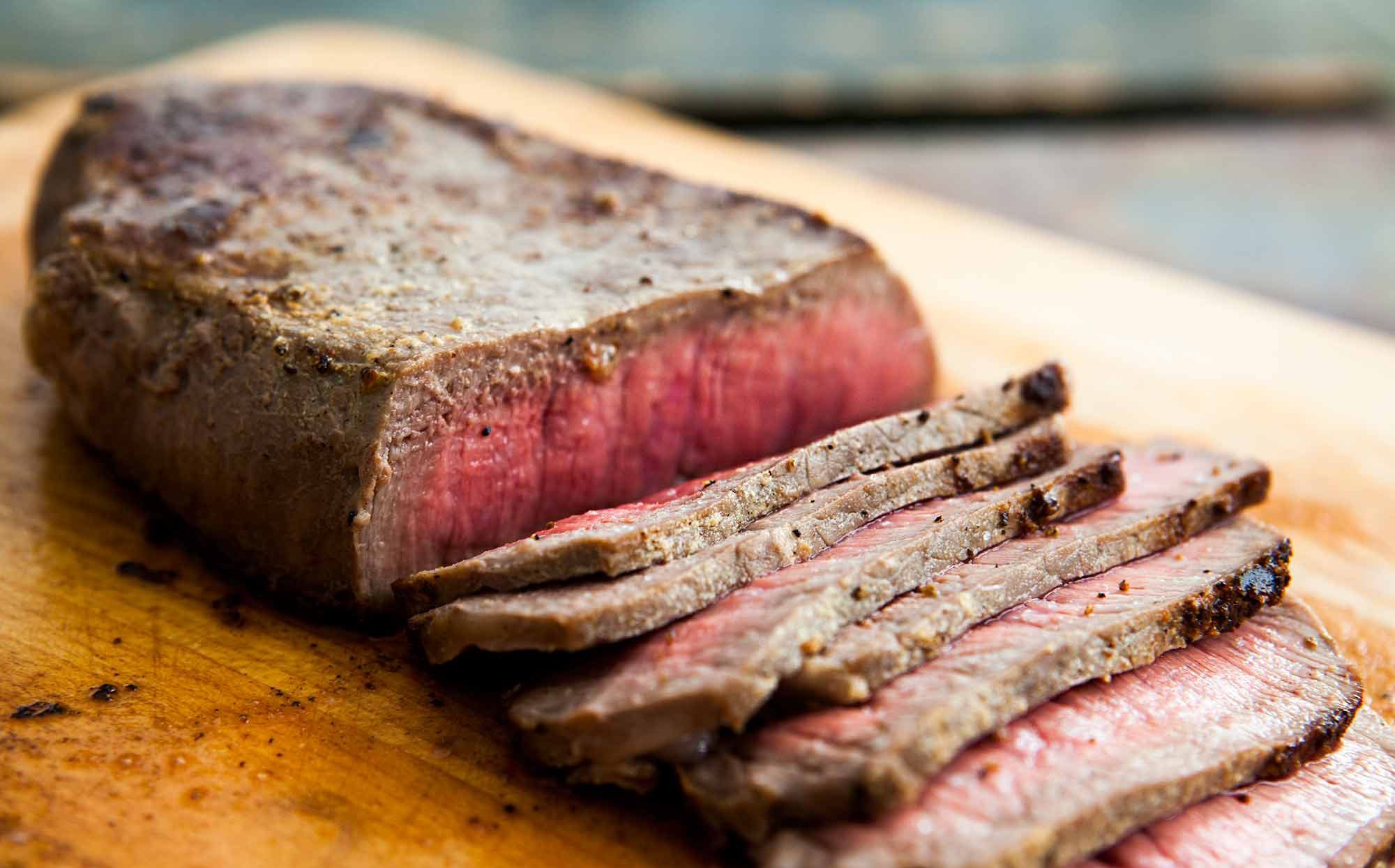
-
Lean Beef
Lean cuts of beef with less than 10 grams of fat can be consumed without worrying about the fats. Tend to buy fresh beef instead of the cold ones. If a fresh option is not available, then always read the nutrition label first.
Examples of lean meat would be sirloin and tenderloin steaks, flank steak, and brisket fat-half.
You can also buy the lean option in ground beef. Lean beef provides Vitamin B, zinc, and selenium.
Lean beef can contain up to 150 calories, 22 grams protein and 6.5 grams of fat with 2.5 grams saturated fat.
-
Tofu & Tempeh
Soy is a meat alternative for vegetarians. It is high in protein and its less processed form can be added in your diet as lean protein. Soy provides all nine essential amino acids and is named as a complete protein.
You can choose the texture of tofu you like the best and include it in your meal. The best tofu to use is the organic one that has not been modified.
One serving size of tofu has 90 calories, 9 grams protein, and 4 grams fat. Tempeh, which is fermented soy, has double the calories that are 190 calories, 20 grams protein, and 6 grams fat.
Lite tofu has 45 calories, 7 grams protein, and 1.5 grams fat.
You can grill your tofu or tempeh or add it in stir-fry or sandwiches. You can add various seasonings to elevate the flavor.
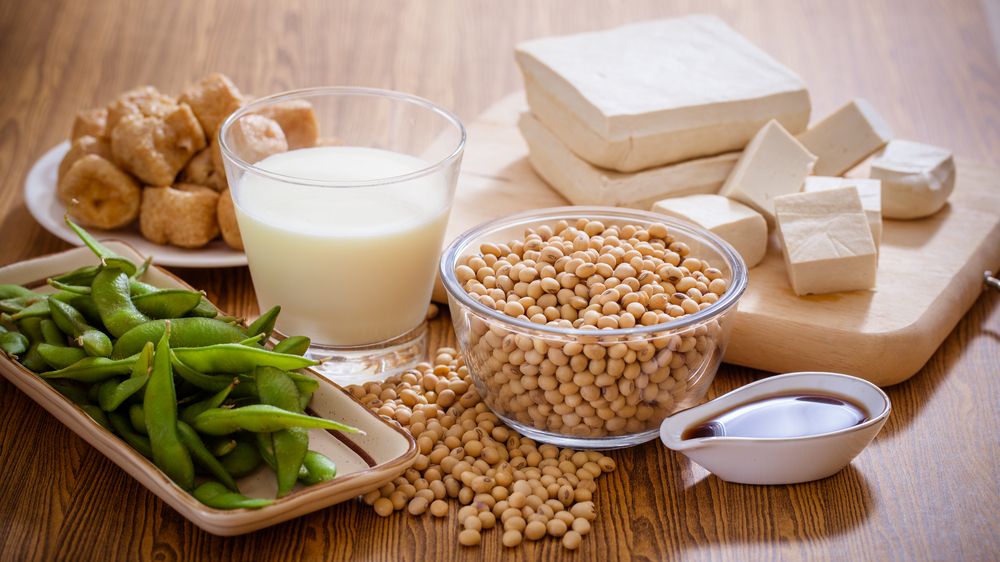
-
Peas, beans, and lentils
These all are a great source of protein and are also another vegan substitute for meat. They are rich in fiber.
Half cup cooked serving gives 8 grams of protein and about 0.3 grams fat. They can help lower your cholesterol and increase HDL.
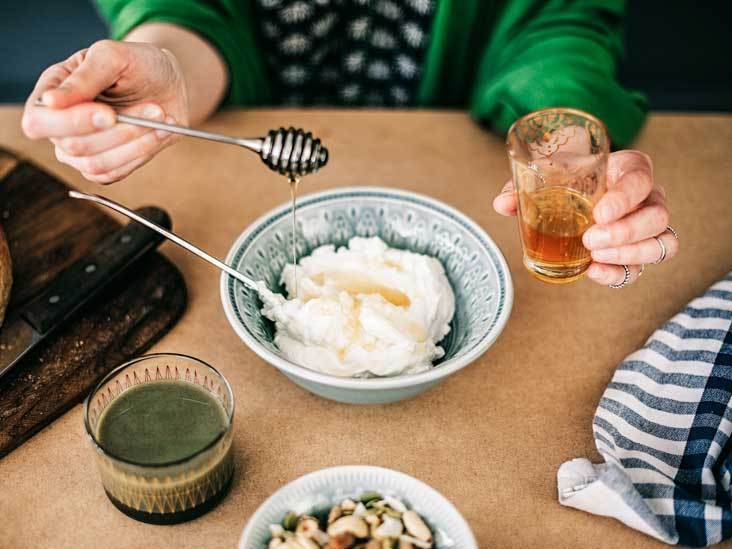
-
Plain Greek Yogurt
Greek yogurt is a more concentrated product with more protein than simple yogurt. “Whey” if completely removed, results in a thicker and creamier consistency.
The non-fat option contains 100 calories per 6 or 7 ounces serving with 15 grams protein. Low-fat has 120 calories and 3 grams of fat and 16 grams of protein. You can add fruit to enhance the flavor.


